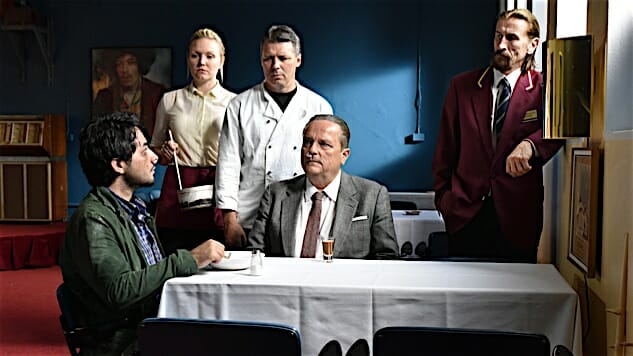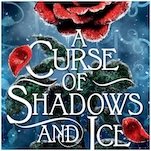The Other Side of Hope

In The Other Side of Hope, two very different men are looking for a fresh start. In real life, their chances of crossing paths are near nil, but in writer-director Aki Kaurismäki’s award-winning dry comedy, they don’t just meet but have an unexpected impact on one another. But there’s nothing adorable or convoluted about this collision of worlds. The Other Side of Hope makes room for jokes about bad restaurants alongside stark monologues about the horrors of Syria. It operates in an atmosphere of constant conflicting emotions.
Sherwan Haji plays Khaled, a Syrian refugee who snuck onto a barge and now finds himself in Finland. Not knowing a soul, he goes to the Helsinki police to request asylum. Simultaneously, the film introduces us to Wikström (Sakari Kuosmanen), a middle-aged mediocrity who decides to walk out on his life, leave his wife (Kaija Pakarinen) and switch careers. This longtime shirt salesman has a hankering to be a restaurateur, and now he just needs the money and the perfect location to fulfill a belated dream.
-

-

-

-

-

-

-

-

-

-

-

-

-

-

-

-

-

-

-

-

-

-

-

-

-

-

-

-

-

-

-

-

-

-

-

-

-

-

-

-








































